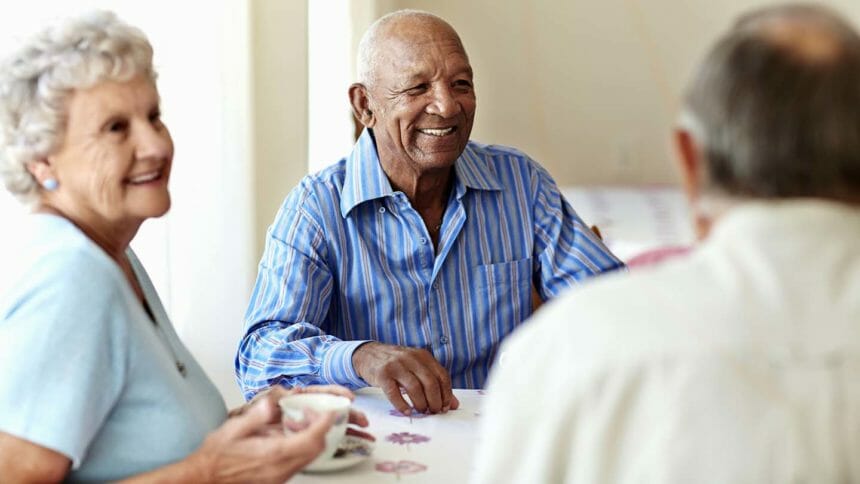
Engagement in group social activities may protect frail seniors from developing new disabilities and avert untimely death, a new study finds. Clinicians should endorse such behavior to prevent frailty’s progression, investigators say.
Frailty is a top risk factor for disability and mortality. Investigators used a national cohort study from Japan to examine links between these adverse outcomes and social activities among adults aged 65 years and older. For the purposes of the study, social events were grouped into seven categories: hobby groups, sports groups or clubs, volunteer groups, senior citizens’ clubs, industries, neighborhood communities and paid work.
At a six-year followup, incident disability was at 20% and mortality at 19% among the frail study participants. Those who had engaged in hobby groups, sports groups or clubs were less likely to have a new disability in that time period, the researchers found. Engagement in any of the seven types of social groups was associated with reduced subsequent mortality.
The percentage of participation varied widely by activity type, with more than 20% joining neighborhood communities and hobby groups, the researchers reported.
The study results underscore the importance of helping frail older adults to socialize and encouraging that engagement, the authors concluded.
Full findings were published in the Journal of the American Geriatrics Society.
Related articles:
Watch for social vulnerability when caring for frail seniors, say researchers
Higher-protein diet helps older women cut frailty risk, remain strong




